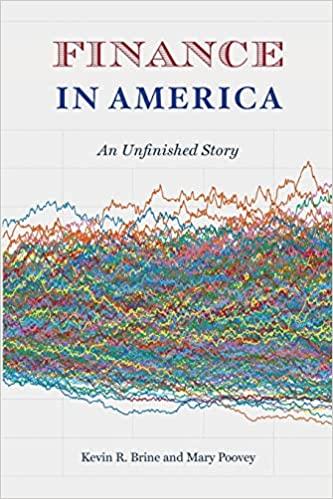Question
A company is contemplating offering a new $50 million bond issue to replace an outstanding $50 million bond issue. The firm wishes to take advantage
A company is contemplating offering a new $50 million bond issue to replace an outstanding $50 million bond issue. The firm wishes to take advantage of the decline in interest rates that has occurred since the initial bond issuance. The old and new bonds are described in what follows. The firm is in the 40% tax bracket.
Old bonds. The outstanding bonds have a $1,000 par value and a 8% coupon interest rate. They were issued 5 years ago with a 20-year maturity. They were initially sold for their par value of $1,000, and the firm incurred $200,000 in flotation costs. They are callable at $1,080.
New bonds. The new bonds would have a $1,000 par value, a 6% coupon interest rate, and a 15-year maturity. They could be sold at their par value. The flotation cost of the new bonds would be $500,000. The firm does not expect to have any overlapping interest.
Part 1: Calculate the after-tax cost of the call premium that is required to retire the old bonds. Round your answer to the nearest whole dollar.
PArt 2: Determine the initial investment that is required to call the old bonds and issue the new bonds. Round your answer to the nearest whole dollar.
Part 3: Calculate the annual cash flow savings, if any, that are expected from the proposed bond refunding decision. Round your answer to the nearest whole dollar.
Part 4. If the firm has a 3.6% after-tax cost of debt, find the net present value of the bond refunding decision. Round your answer to the nearest whole dollar.
Step by Step Solution
There are 3 Steps involved in it
Step: 1

Get Instant Access to Expert-Tailored Solutions
See step-by-step solutions with expert insights and AI powered tools for academic success
Step: 2

Step: 3

Ace Your Homework with AI
Get the answers you need in no time with our AI-driven, step-by-step assistance
Get Started


